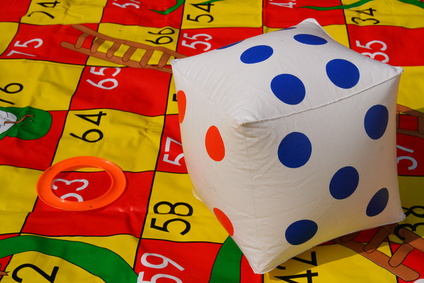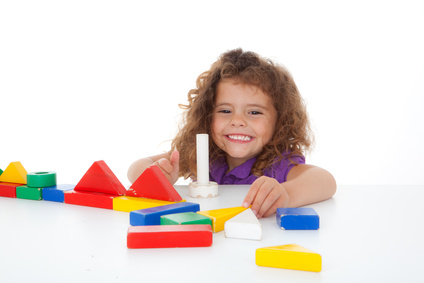
Where should a parent start to identify the anxiety-trigger?
There could be many reasons why your child gets anxious when he has to be separated from you.
- The first possibility is that it can just be a phase or a stage that your child is going through.
- If the seperation anxiety is getting worse, take a look at the following:
* Does your child have a new teacher / caretaker at school?
* Did your child experience a negative situation at school, for example trouble at school / a fight with a teacher or a friend, etc.
* Any changes in your routine at home?
* Have dad, mum or your child's teacher experienced a stressful situation?
* Could your child "pick up" any frightening remarks in a conversation between adults?
* Did your child see any frightening incident in a movie or dvd?
* Could your child notice a conflict between you as parents and / or partners?
* Did you, as adults, experience any exceptional stressful situation at work / in your personal life?
Above mentioned examples could cause feelings of insecurity in your child which can lead to separation anxiety.

- Always tell your child when you are planning to go out. To leave without first notifying your child, could harm the trust that your child has in you.
- Tell your child when you will be back.
- Show him your arrival time on a watch (even if he can't read the time yet).
- Ensure your child that you will pick him up, for example at school, at an after school activity, at a friend's house and do make sure that you will always stick to your word.
- If you will be late, due to unplanned circumstances,call the person who takes care of your child and ask him to inform your child that you will be late. Make sure that it won't happen on a regular base.
- Small children can't tell us how they feel. Therefore your child needs play and story telling. Make your own story about the circumstances that triggers seperation anxiety in your child. For example if your child throws a tantrum, or cries a lot when you drop him at school, tell him a bedtime story about a teddy bear who always cried a lot when his mom dropped him at school. His mom always told him at what time she would pick him up and she always kept her promise. End the story in a positive way, for example: The teddy bear knew his mother will always stick to her promises, so the teddy bear didn't cry anymore in the morning. He gave his mom a big hug and kiss as she went off to work and he went off to school. His teacher smiles when she sees him, as at school she will take good care of him, until his mom will be back to pick him up again.
Make your own good bye and hello song (a song with a happy tune and end) and sing it before your child goes to school every morning.
- Stick to your routine as it gives a child a sense of security and he will know what to expect.
- Talk to your child's teacher, in order to share information about the seperation anxiety and ask him / her for some help.
If the seperation anxiety doesn't get better and / or get worse after about two weeks, it could be useful to visit an Educational Psychologist.
See you in two week's time when I will further discuss ways in which you can support your child in school readiness - in order to get ready to learn to write.




 RSS Feed
RSS Feed
